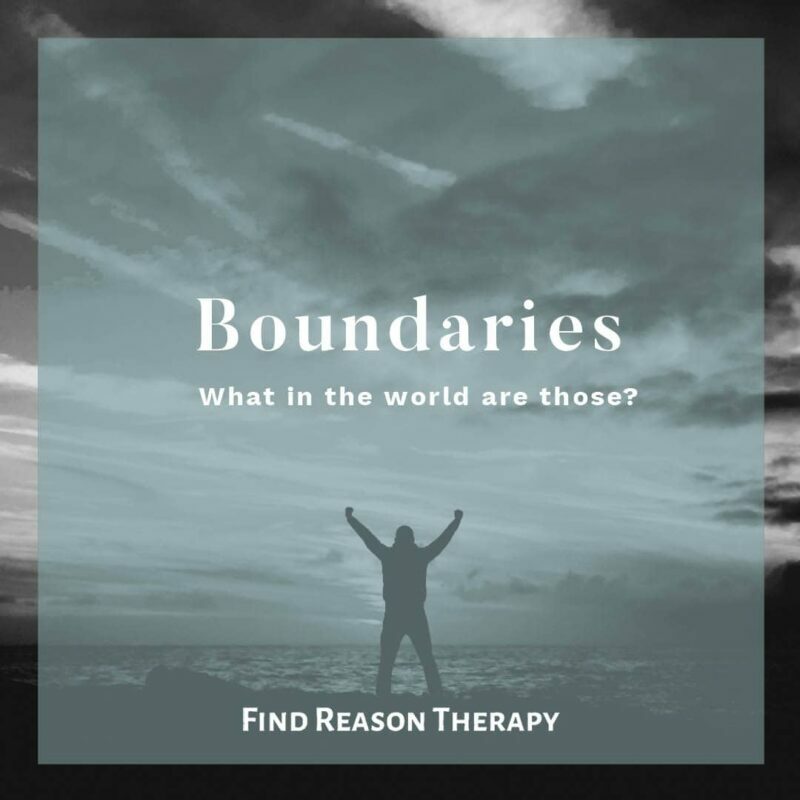
I have wanted to write about this firecracker topic for such a long time, but lo and behold, other needs come up, and when it comes to writing, holding boundaries with myself is like telling the rain not to wet me whilst I walk umbrellaless.
Therefore, this bit of information is bought to you by someone who constantly has to check himself with what he needs and where his boundaries are. I’m going to break this down into some digestible bite-sized bits of knowledge; however, some of it may be a bit hard to swallow. Well, it definitely was for me the first time I heard it. BUT FIRST, to explore the world of boundaries is to essential delve into our own story and find our core beliefs.
If we get real, every person has a negative message they tell themselves that comes and goes; at times, it’s consistent, others it’s fleeting. You may have negative core beliefs about yourself, for example, “I don’t matter” or “I’m not good enough”, distort or misrepresent your reality. These work as the lens through which you experience and interpret the world today. So, where do they come from? When we were little, we started to make sense of the world. We found out that what we are sitting on now is called a chair, our mum and dad are our parents, and they are meant to care for me. We then learn things about ourselves, things like are we important? Valuable? Loveable? We find the answer for these lessons from direct or indirect messages we receive throughout our experiences.
Direct messaging maybe Bob, “you are so smart”, or Bobette “you are so stupid”. An indirect message may be a parent not being present or not having time for you. That message might be “I don’t matter”, “I’m not worthy of support”. Another example may be an overly critical or even violent parent might indirectly create the message of “I’m not good enough” or “I’m unlovable”.
Today, When a trigger or event happens, we start assigning a meaning internally; this creates how we interpret and perceive thought, which elicits a feeling and then, as a consequence, a behaviour. For example, a conflict in a current relationship (when you already have an old message/thought of “I don’t matter”) may spark feelings of shame and abandonment followed by an action like withdrawing.
But here is the kicker.
If we assign a meaning to the event or trigger, what this means is that nobody and nothing can make you feel anything. Nothing can push the buttons; they didn’t make you angry, no one is hurting your feelings. The exception to this is when someone intentionally tries to commit an act of offence or purposeful malice.
I don’t know about you, but when I first started being told this, I couldn’t believe it. In the same breath, as a person with codependent tendencies, I’ve blamed others for my thoughts, feelings, and behaviours and blamed myself for other people’s thoughts, feelings, and behaviours. A clear example being “if you had just done what I asked, I wouldn’t be so upset”.
So I said to my Pia Mellody book on facing codependency, “hmm, you may have got me there.”
Boundaries
If you have seen my next bold subtitle and said hold on, hold on, whaaattt, don’t worry, I’m going to try to bring this all together.
There is a whole list of core beliefs and messages that may come up; generally, there is one that is persistent and consistent, like a lingering bad smell that will mean that’s your old, familiar little trouble maker. Let’s say, for the sake of consistency, that the message that you are telling yourself when triggered by something or someone is “I’m not good enough”. Unhelpful, distorted and messy, this message will lead to emotion and likely behaviour.
The best way to back up the fact that YOU ARE GOOD ENOUGH and dispute that negative belief is by having some boundaries with yourself and others. Boundaries are the systems put in place to protect oneself from being a victim or contain oneself from being offensive to others.
These can be external to protect our body or internal to protect our thoughts, feeling and behaviours.
External Boundary
“Only I have the right to control how close you get to me.”
Internal Boundary
“Only I create what I think and feel and am in control of what I do and not do.”
So let’s do a quick check-in with yourself.
A. No boundaries: I do not protect myself
B. Walls: disguised as boundaries but not, complete protection or guard
C. Damaged or blurred boundaries: partially protect yourself but looks more like a pedestrian crossing
D. Intact boundaries: protection is measured, I can assess what is true and not true as it comes in
When we set internal boundaries, we are choosing our own reality, our own thinking, feeling and behaviour instead of the contrary, which is just having automatic responses and at times reactions.
The following is true when we set internal boundaries:
Thoughts:
I have the wonderful right to think what I think; the only thing I need to do is face the consequences of that thinking.
Feelings:
I have the sometimes pleasure, sometimes painful right to feel whatever I feel. I only need to consider how my feelings may offend others and express them moderately. My thoughts determine my feelings, and unless I change my thoughts, I can’t change my feelings.
Behaviours:
I have the freedom and right to do or not do whatever I need to do for myself. I have the right to decide what that needs to look like. I only need to consider the impact of my behaviours on others and be accountable and willing to face the consequences. If my behaviours are authentically offensive, that’s on me, and I am responsible for the impact.
Putting some theory into practice
You have just impacted your loved one with your actions, and they want to tell you all about it.
Stop. Pause. Reflect.
Create an imaginary forcefield of energy or bubble around you; this will be your external boundary, controlling your distance and your touch.
Then imagine putting on a costume or an outfit; for me, it’s a superhero outfit that I fit right into,
it’s great; I love it; yours is whatever works for you.
Then repeat the message; what you think, what you feel, what you do or not do right now, is more about your history and your past experiences than it is about what I have said or done, and the same is true for me. As you hear the information that is being told, it will either be true, not true or questionable, and then we proceed with a response.
Further, let’s say what your loved one is saying is true happens to be you “forgot their birthday”. This may be hard to let through as it sometimes is hard to hear others, but if true, you would let this come through both the external and internal boundaries and create thoughts and feelings about it. Once you allow this to land, you may experience the thought of “oh no, is that today” then some feelings of guilt followed by figuring out how to apologise and make amends, which is completely up to you. This is accountability.
When the statements are not true, we simply hear the other person’s reality, maybe acknowledge their feelings but not take responsibility. We all interpret differently and perceive things in various realities about what happens when and how. So the functional way to respond is to tolerate these differences and not argue, justify or prevail. Again, that family members trigger is more about them and their history than it is about what you did.
As time goes on, the more we check our own thinking and feeling, we start to build this notion that, holy crapppp that’s coming from my old core belief of “I am not good enough”, and we can instead start to try and settle and focus on challenging and disputing that negative thought.
This creates option D, Intact Boundaries, as seen above. If you got D, great job, pat functional you on the back. If you got a mix of all of them because we are all perfectly imperfect, then this is why we set boundaries. With those good intact boundaries, you can be in a relationship with others without projecting all your shit and skewed interpretations all over them or allow that person’s shit (fear, pain, anger) to become your own and start to overwhelm you. But seriously, those boundaries are so critical in relationships where you care deeply about the other. It allows you to detach from other people’s emotions and focus on your own reality; Ultimately that creates healthy relationships and helps with the number one most significant problem in connecting with others, communication.
If this hit home for you, please let me know; if this makes no sense and everyone makes you feel your feelings, and it is their responsibility, not yours, please also let me know.
We can’t change where we come from
(and the messages we created for ourselves)
But we can change where we go from here
Reach Out!



